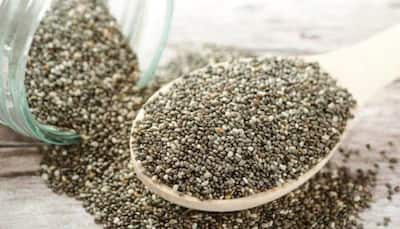Getting to and keeping a healthy weight while hitting your fitness targets is a journey filled with small, smart choices, ongoing effort, and a good mix of eating well and staying active. Whether you want to lose some weight, tone up, or just feel more fit, building habits that stick can really make a difference.
Staying active consistently is key to any successful fitness journey. Exercise is one of the best ways to help manage your weight and improve your fitness. Try to work out at least 3 to 5 times a week with a mix of cardio, strength training, and flexibility exercises.
Activities like walking, running, biking, or swimming are great for burning calories and keeping your heart healthy.
Lifting weights or doing exercises like squats, push-ups, and lunges can help you build muscle, which boosts your metabolism and supports fat loss.
Incorporating yoga or stretching into your routine can help you stay flexible, avoid injuries, and recover better.
What you eat is very important when it comes to managing your weight and supporting your fitness efforts. While exercise is vital, diet plays a big role too. Eating a balanced, whole-food diet gives your body the nutrients it needs for working out, recovering well, and maintaining a healthy weight.
Make sure you’re getting enough protein to help your muscles grow and recover. Good sources include lean meat, fish, eggs, tofu, beans, and lentils.
Include healthy fats from foods like avocados, nuts, seeds, and olive oil to support your metabolism and keep your hormones in check.
Foods rich in fiber like vegetables, fruits, whole grains, and legumes can keep you feeling full, helping you avoid overeating.
Being mindful when you eat is a powerful habit for weight management that many overlook. This means paying attention to what you’re eating, enjoying the taste, texture, and smell of your food, and being aware of how much and how often you eat.
Take your time with your meals. Chewing your food well and savoring every bite allows your brain to catch up and recognize when you’re full, helping to prevent overeating.
Keep an eye on your portions to avoid consuming too many calories. Eating smaller, balanced meals throughout the day can help manage hunger and reduce the risk of overeating.
Pay attention to what your body is telling you when it comes to hunger and fullness. Eat when you’re hungry, and stop when you’re satisfied, not stuffed.
Sleep is often overlooked when it comes to fitness and weight management. Not getting enough sleep can affect hormones that control hunger, metabolism, and fat storage. When you don’t sleep well, you might crave unhealthy foods and your recovery after workouts can suffer, slowing down your progress.
Sleep helps keep hormones like ghrelin (which boosts appetite) and leptin (which signals fullness) in check. When you don’t get enough rest, ghrelin levels can rise, making you crave sugary or fatty foods more.
Sleep is vital for repairing and building muscles, especially after strength training. Most recovery happens during deep sleep, which helps make you stronger and fitter.
Good sleep helps keep your energy high during the day, making it easier to stay active and motivated to work out.
Drinking enough water is very important for managing weight and achieving fitness goals. Water is critical for many bodily functions, including regulating body temperature and helping with digestion and nutrient absorption. Not drinking enough can lead to tiredness, poor workout performance, and cravings for unhealthy snacks, which can hinder your progress.
Drinking water can give your metabolism a temporary lift. Some research suggests that having water can help you burn more calories, especially before meals.
Thirst can sometimes feel like hunger. Staying well-hydrated can help reduce unnecessary snacking and overeating.
Keeping hydrated supports muscle function and helps prevent cramps during workouts. It also aids in delivering nutrients to your cells, ensuring you perform your best.
Achieving your fitness goals and maintaining a healthy weight is a journey that takes more than just occasional effort—it’s about building good habits you can stick with for the long haul. By focusing on regular exercise, eating a balanced diet, practicing mindful eating, getting enough rest, and staying hydrated, you’ll set a strong foundation for success. Remember, it’s not about being perfect; it’s about developing consistent, healthy habits that lead to lasting results.
Stay informed on all the , real-time updates, and follow all the important headlines in and on Zee News.










